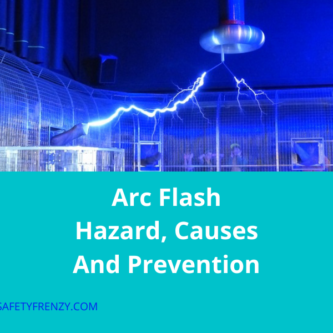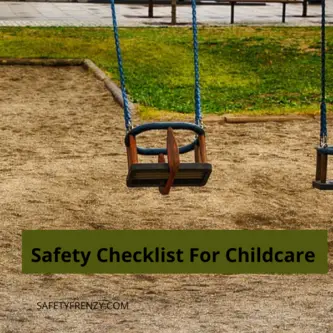Introduction:
Electricity is a crucial part of modern life, but it can also be incredibly dangerous. Electrical safety is a critical concern in various industries and jurisdictions, and there are regulations and standards in place to ensure that people are protected from the hazards of electricity. In this article, we will explore how electrical safety is regulated and enforced in different industries and jurisdictions.
Regulations and Standards:
Regulations and standards are in place to ensure that electrical safety is maintained in various industries and jurisdictions. These regulations and standards specify the minimum requirements for electrical safety, and they are enforced by regulatory bodies. Here are some of the regulations and standards that are commonly used:
- National Electrical Code (NEC): The NEC is a set of guidelines developed by the National Fire Protection Association (NFPA) that is used to regulate electrical installations in the United States. It is updated every three years, and it covers everything from the installation of electrical equipment to the design of electrical systems.
- Occupational Safety and Health Administration (OSHA) Standards: OSHA is responsible for ensuring that workplaces in the United States are safe for employees. It has established electrical safety standards that apply to various industries, including construction, maritime, and general industry.
- International Electrotechnical Commission (IEC) Standards: The IEC is an international standards organization that develops standards for electrical and electronic devices and systems. Its standards are used in various countries around the world, and they cover everything from electrical installations to the safety of electrical equipment.
Enforcement:
Regulations and standards are only effective if they are enforced. Regulatory bodies are responsible for enforcing electrical safety regulations and standards, and they have the authority to issue fines and penalties for non-compliance. Here are some of the ways that electrical safety is enforced in different industries and jurisdictions:
- Inspections: Regulatory bodies conduct inspections to ensure that electrical installations and equipment meet the minimum requirements for safety. They may also conduct spot checks to ensure that ongoing maintenance is being performed correctly.
- Fines and Penalties: Regulatory bodies have the authority to issue fines and penalties for non-compliance with electrical safety regulations and standards. These fines and penalties can be significant, and they are designed to encourage compliance with regulations and standards.
- Training and Education: Training and education are essential components of electrical safety enforcement. Employers are responsible for ensuring that their employees are trained in the safe use of electrical equipment and that they understand the hazards associated with electricity.
Industries:
Electrical safety is important in various industries, and each industry has its own unique hazards and challenges. Here are some of the industries where electrical safety is particularly critical:
- Construction: Construction sites are inherently dangerous, and electrical hazards are a significant concern. Workers are often exposed to live wires and high-voltage equipment, and they must be trained to work safely around electricity.
- Mining: Mining operations involve heavy equipment and underground work, which creates unique electrical hazards. Explosive gases and dust can ignite when exposed to electrical sparks, and electrical equipment must be properly grounded to prevent electrocution.
- Healthcare: Healthcare facilities rely on electrical equipment to provide critical services to patients, but this equipment can also pose a hazard if it malfunctions or is improperly used. Electrical safety is particularly critical in operating rooms and intensive care units, where patients are most vulnerable.
Jurisdictions:
Electrical safety is regulated and enforced differently in different jurisdictions. Here are some of the factors that can influence how electrical safety is regulated and enforced:
- National and Local Regulations: Each country has its own regulations and standards for electrical safety, and these may be enforced differently at the local level.
- Industry-Specific Regulations: Some industries have specific regulations that apply only to them. For example, the maritime industry has unique electrical safety hazards, and it is regulated by the US Coast Guard.
- Enforcement Resources: The resources available for enforcement can vary widely from jurisdiction to jurisdiction. Some areas may have dedicated electrical safety inspectors, while others may rely on general workplace inspectors.
Conclusion:
Electrical safety is a critical concern in various industries and jurisdictions. Regulations and standards are in place to ensure that people are protected from the hazards of electricity, and these regulations and standards are enforced by regulatory bodies.
Different industries have their unique electrical safety hazards, and electrical safety is regulated and enforced differently in different jurisdictions.
Ultimately, the goal of electrical safety regulations and standards is to protect people from the hazards of electricity and ensure that electrical equipment is used safely and responsibly.



